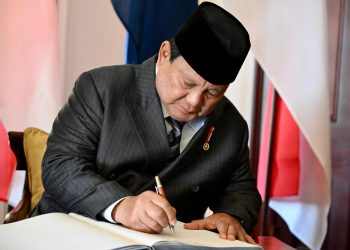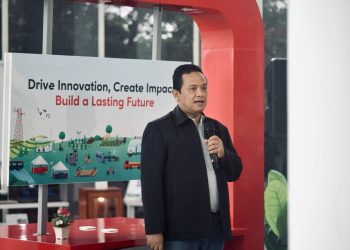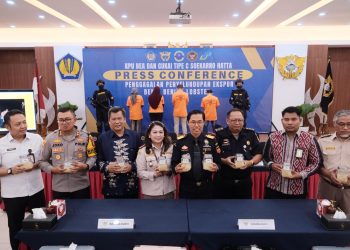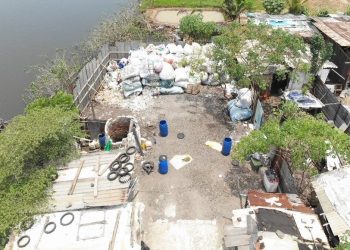Jakarta, Indonesia Sentinel — Indonesia’s Deputy Minister of Higher Education, Science, and Technology (MendiktiSaintek), Professor Stella Christie, encourages Indonesian students to pursue studies overseas.
Speaking on a strategy session for applying to foreign universities hosted on the ministry’s YouTube channel on Monday, December 9, Christie shares her experience on studying abroad, while urges Indonesian student to pursue their studies.
According to Detik, Christie outlined the importance of early preparation, recommending that students begin their planning as early as grades 10 or 11. She underscored that the decision to study abroad must come from the students themselves rather than their parents.
“Studying abroad requires significant financial, mental, and time commitments. Decide for yourself. If you choose to study locally in Indonesia, that’s perfectly fine. We have excellent universities here as well,” she states.
Students should prioritize building strong English reading and writing skills and practice for entrance exams. Christie stressed the need to research the qualities universities seek in applicants, which are often reflected in personal essays.
“Focus on specific issues or achievements, and express your commitment and experience consistently in your essay. This helps universities see both your dedication and the value you bring to the student body,” she explained.
She highlighting several key application requirements including
- Strong academic transcripts;
- High scores on English proficiency exams;
- Evidence of non-academic achievements, such as certificates from competitions, sports events, or other extracurriculars.
Christie urged students to proactively seek information and understand the application process in detail.
“If you’re too passive and need constant guidance to understand the requirements, it means you don’t have the right mindset or strategy to succeed in this process,” she said.
Financial Aid and Funding Options
Addressing concerns over funding, Christie emphasized that funding concerns should not deter students during the application process.
“Don’t let money hold you back initially. If you get accepted into a top university, there is always a way to secure funding. It won’t necessarily be easy, but a path will emerge,” she said.
Deputy Minister Stella Christie acknowledged that application and tuition fees can be significant. However, she explained that financial aid is often available for students who demonstrate academic merit or economic need.
Dogs Could Detect Cancer with its Incredible Sense of Smell, Study Finds
She noted that many foreign universities partner with government or private scholarship programs, enabling students to apply without upfront costs.
Christie shared her own experience as an example. Coming from a middle-class family unable to afford tuition at Harvard, she secured financial aid to cover tuition and living expenses.
“If we want to, there must be a way,” she concluded.
The strategy session by Stella Christie was an encouragement for Indonesian students, proving that with determination, preparation, and a proactive mindset, pursuing higher education abroad is within reach.
By sharing her experiences and strategies, she hopes to empower more Indonesian students to dream bigger, overcome obstacles, and contribute to a brighter future for themselves and their country.
(Raidi/Agung)


























